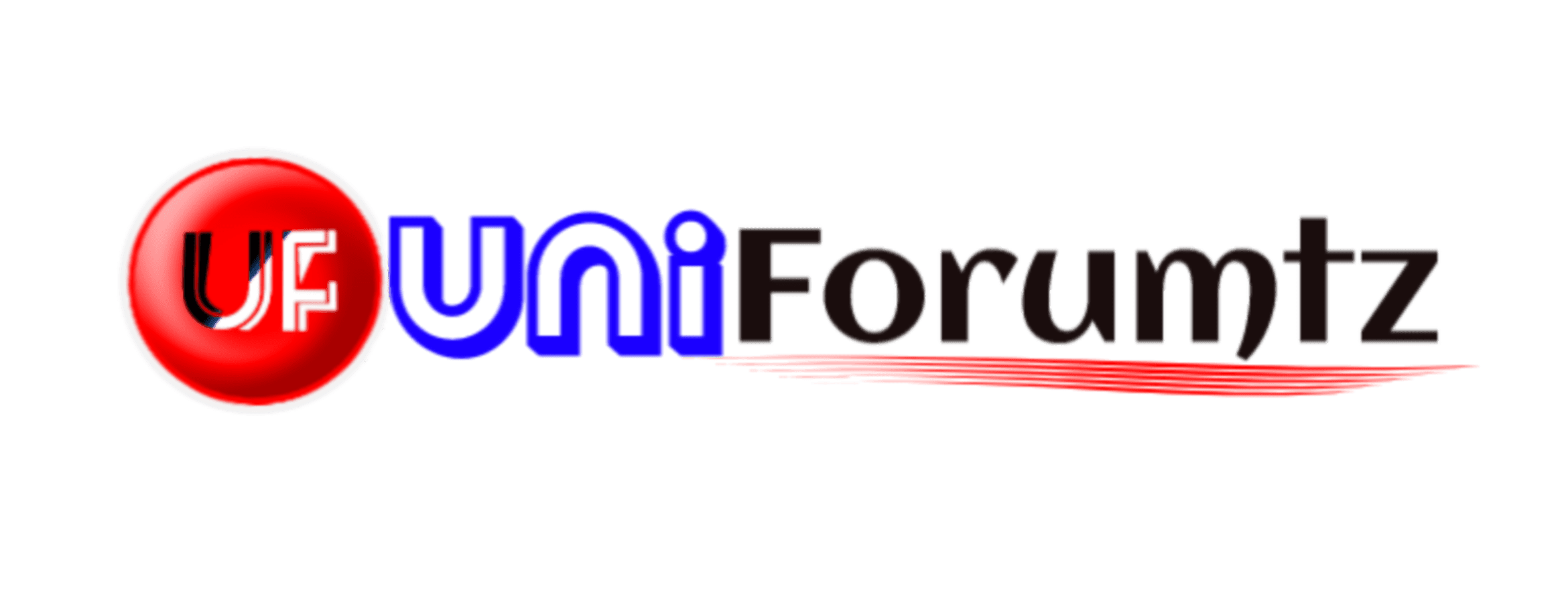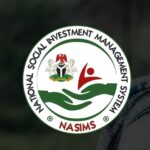The National Social Investment Program of Nigeria is a social welfare initiative created by the Federal government of Nigeria in 2015 under the direction of the National Social Investment Office. The Program was created to ensure a more equitable distribution of resources to vulnerable populations, including children, youth, and women. Under President Muhammadu Buhari the office has created four programs to address poverty and help increase economic development.
National Social Investment Program of Nigeria
The four (4) main programs under the National Social Investment Program. National Social Investment Program of Nigeria
N-Power
The N-Power Programme is a job creation and skills empowerment programme of the Federal Government of Nigeria. The Programme is designed to target Nigerians between the ages of 18 and 35 and aims to help young Nigerians acquire and develop life-long skills to become practical solution providers in their communities, enabling them to become innovative players in the domestic and global markets.
Conditional Cash Transfer
The Conditional cash transfer Programme directly supports the most vulnerable by providing no-strings-attached cash to those in the lowest income group, helping reduce poverty, improve nutrition and self-sustainability, and supporting development through increased consumption.
Government Enterprise and Empowerment Program (GEEP)
The Government Enterprise and Empowerment Programme is a micro-lending investment programme that provides businesses for the bottom of the financial pyramid. The beneficiaries include traders, women cooperatives, market women, enterprising youth, farmers, and agricultural workers at no interest rate.
National Home Grown School Feeding Program (NHGSFP)
The National Home Grown School Feeding Programme aims to deliver a cost-effective home grown school feeding programme with a specific focus on increasing school enrollment, reducing the incidence of malnutrition especially among the poor; empowering cooks while supporting local agriculture through small holder farmers, thereby stimulating economic growth through the socio economic value chain. The primary focus of the Programme is to provide free school meals with food procured from local smallholder farmers by strengthening communities across the country.






